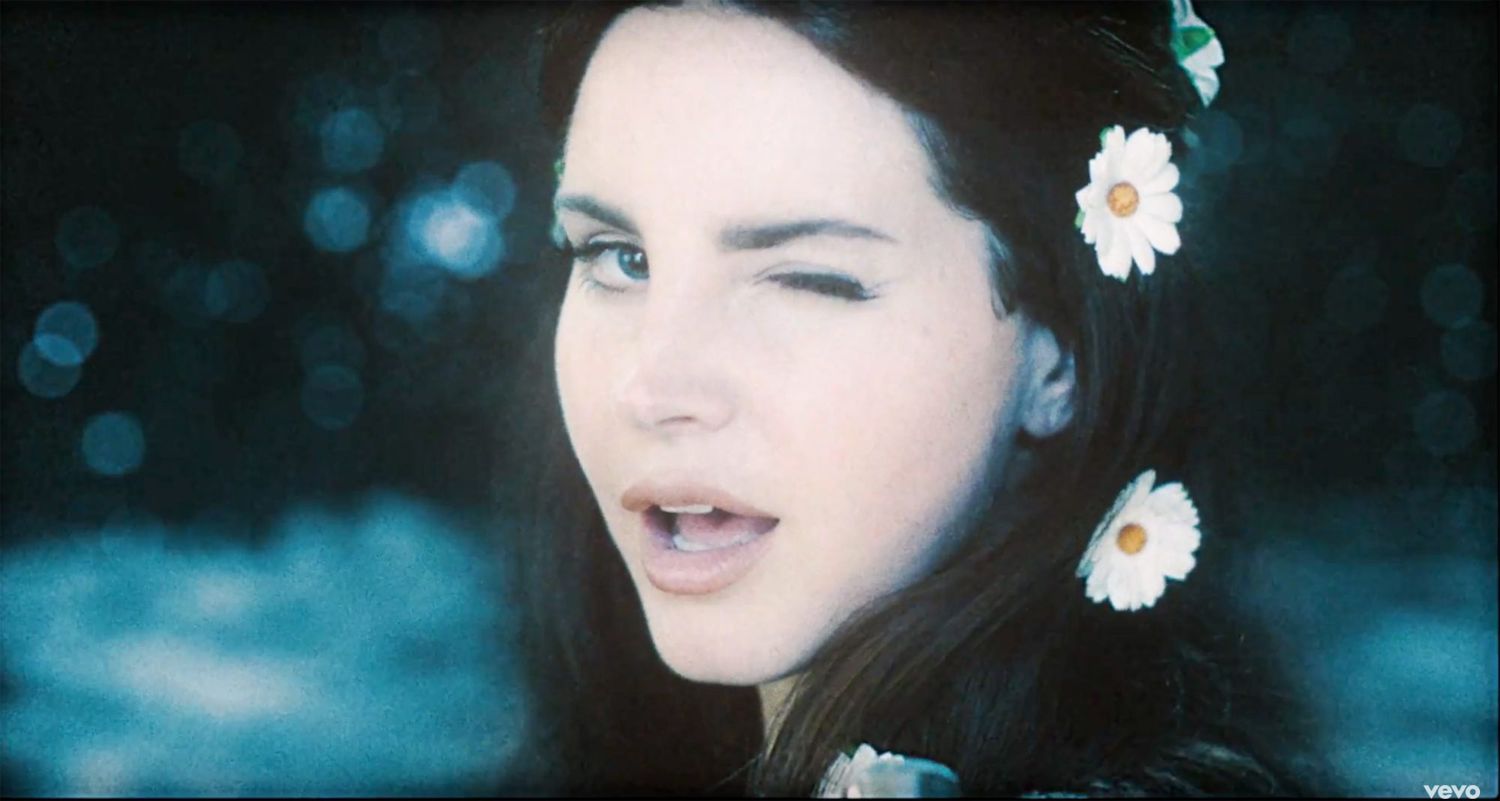

Aside from “Cinnamon Girl” - a Born To Die style trip-hop track - NFR is quieter and more finely-wrought than any previous Del Rey album. On NFR’s title track, she describes a partner’s failings with surprising depth and much more empathy than one would usually expect from any pop star’s breakup track. “The culture was lit, and I had a ball,” she sings on “The Greatest,” seemingly saying goodbye to the world amidst global turmoil.Įlsewhere, Del Rey deepens her study of human relationships. Where Del Rey once used America as a kind of fantastical symbol for capitalism and power, NFR’s early singles - among them “Venice Bitch,” “Hope Is A Dangerous Thing For A Woman Like Me To Have – But I Have It,” and “The Greatest” - find the musician reckoning with the realities of modern-day America. This week, the singer’s long-running fables are extended with Norman Fucking Rockwell, a record that continues her tilt into political music. That ending of Lust For Life leads neatly into a period of increasing politicisisation in Del Rey’s music. As with a lot of Del Rey’s music, Ultraviolence is a lot more complex than people first gave it credit for. “Money Power Glory” and “Fucked My Way Up To The Top” directly address the sexism Del Rey copped after the release of Born To Die, while “Ultraviolence” and “Cruel World” paint disturbing and unpleasant portraits of abusive, codependent relationships. A friend told me at the time that she wouldn’t listen to this record because she objected so strongly to that sentiment, which says a lot about that period of personal politics, considering how much Ultraviolence has to say about power and gender. It’s the polar opposite of Beyonce’s self-titled manifesto of feminist liberation released mere months prior Del Rey writes about women largely subject to the whims of violent and nasty men, going as far as to interpolate The Crystals’ “He Hit Me (And It Felt Like a Kiss)” on the title track. In 2014, releasing Ultraviolence was one of the greatest sins Del Rey could have committed.


 0 kommentar(er)
0 kommentar(er)
